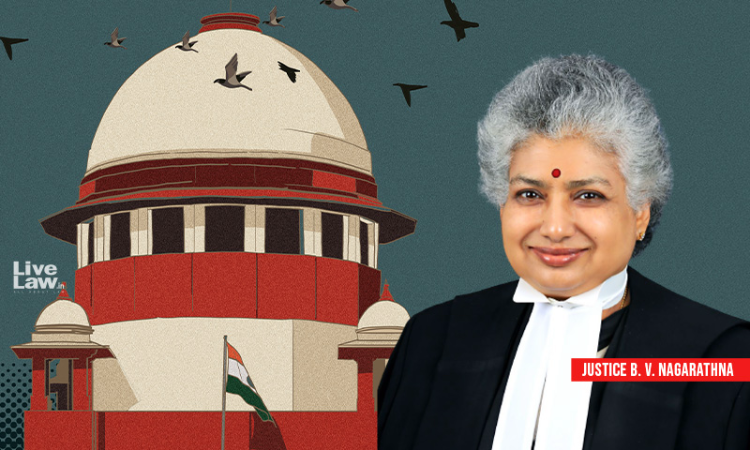The long wait for the first woman Chief Justice of India might find an end with Justice B V Nagarathna, who is in the line to become the CJI in September 2027 as per the seniority list.Her tenure as the CJI will be for only 36 days, if appointments go as per the seniority turn.Justice Nagarathna, daughter of former Chief Justice of India ES Venkataramiah, was enrolled to the Bangalore Bar...

